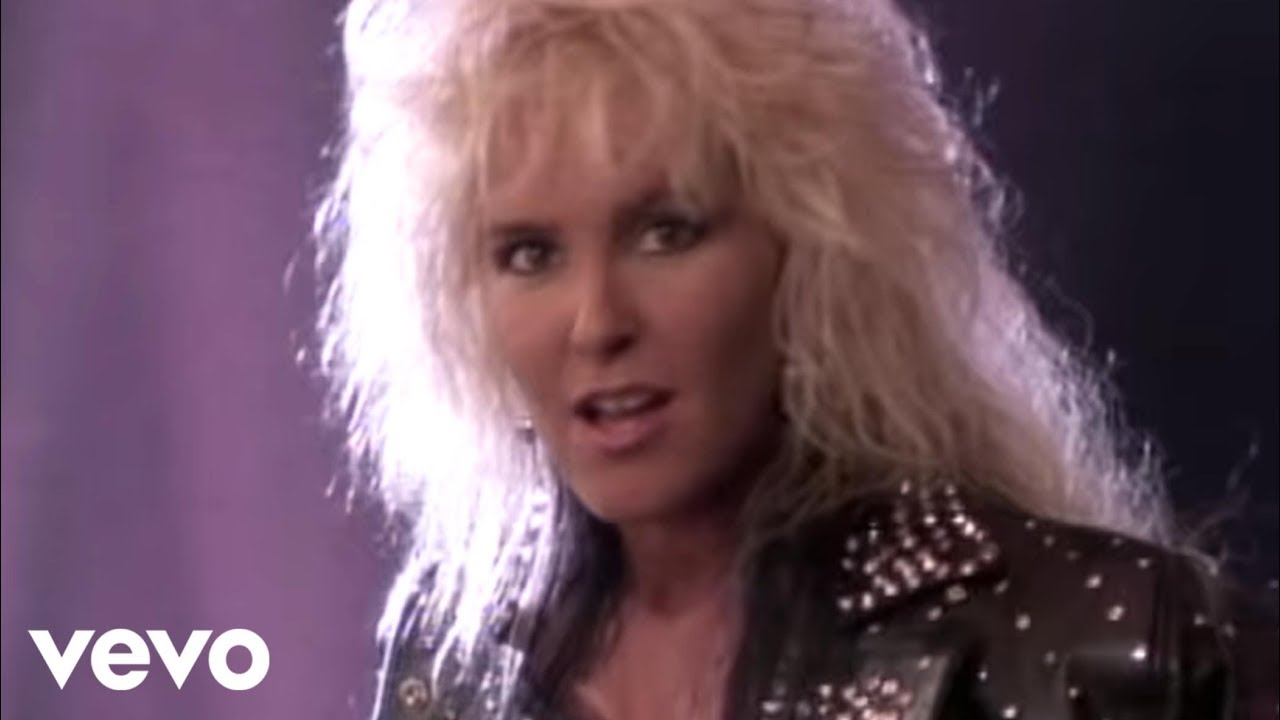The guitar landscape is always changing, and today, new guitar players can tap into a wealth of information, lessons and more with just a few clicks. It’s a far cry from the world that today’s guitar legends grew up in.
When Tony Iommi first picked up a guitar, his best chance of learning how to play came from jamming along to Hank Marvin records, learning his parts note by note, with only his ears as his guide. Likewise, Brian May got a valuable lesson in gear and tone by hanging around backstage after a show by his hero Rory Gallagher.
Those days are a distant memory now. Today, the internet is a treasure trove for knowledge, for tips and tricks, and for tailored learning experiences that cut straight to the good stuff.
However, Lita Ford believes that the ease of access to guitar-related material can harm a player’s progress. The former Runaways guitarist believes it can keep players away from the sharpest learning curve.
“Things are so different now in 2025, and the digital world has kind of taken over everything,” she says, answering The Horror Nerd podcast’s question about tips for beginner shredders. “I didn’t come from that world.”
Understanding the generational divide, she glances back to her earliest playing days and the adventures that shaped her as a player and a professional.
“It’s good to be a little bit of a street gutter rat and get out there and jam with people,” she develops. “Go to some nightclubs and listen to your favorite musicians and learn as much as you can from them instead of Googling it or watching it on YouTube.”
Her comments echo a sentiment ex-Megadeth guitarist Marty Friedman laid out last year. In an age of the so-called “bedroom guitarist,” and one of increased digital emphasis, he says the best chances to master the art of the electric guitar come from leaving one’s comfort zone behind.
“If you practice at home, you’re going to get good at practicing at home,” he said. “If you go out and do the real thing, you’re going to get good at doing the real thing.
“Your top priority has got to be creating opportunities to play in front of people,” he emphasizes. “That is going to suit your end goal much better.”
Indeed, Ford feels the most powerful lessons come from establishing a connection with the instrument and experiencing things in the flesh, not through a screen.

“It comes from the heart and soul, and those kind of things don’t teach you a lot of that,” she explains. “So it’s good to just be a gutter rat and get out there, and get down and dirty, and sweat, and play guitar.
“There’s a lot of things that have changed over the world, but that’s how I learned. And if I had to give anybody a piece of advice — it’s doing it the hard way. When you learn how to feel, that’s what does it for me.”
Ford has also recalled the unlikely scenario of a guitarist auditioning for a spot in her solo band and arriving with her stolen B.C. Rich Mockingbird.
Tragically, Ford didn’t have the heart to ask for her guitar back, and when she picked another guitarist for the spot, it disappeared out of her life for a second time.

She was also recently asked by Guitarist to clarify what piece of gear is more important, a guitar or the amplifier it plugs into, she has an interesting take.
“I mean, you’d be surprised what you can plug a guitar into,” Ford says.“If it makes a noise, you could probably use it as an amplifier. If I had a heap-of-shit amplifier, I would probably find something to modify it with. In these electronic digital days, there’s a lot of that stuff.”
The guitar, she adds, can’t be cheaped out on, and likewise, when it comes to learning how to play it, real-life experiences will always trump what delights the internet can offer.
